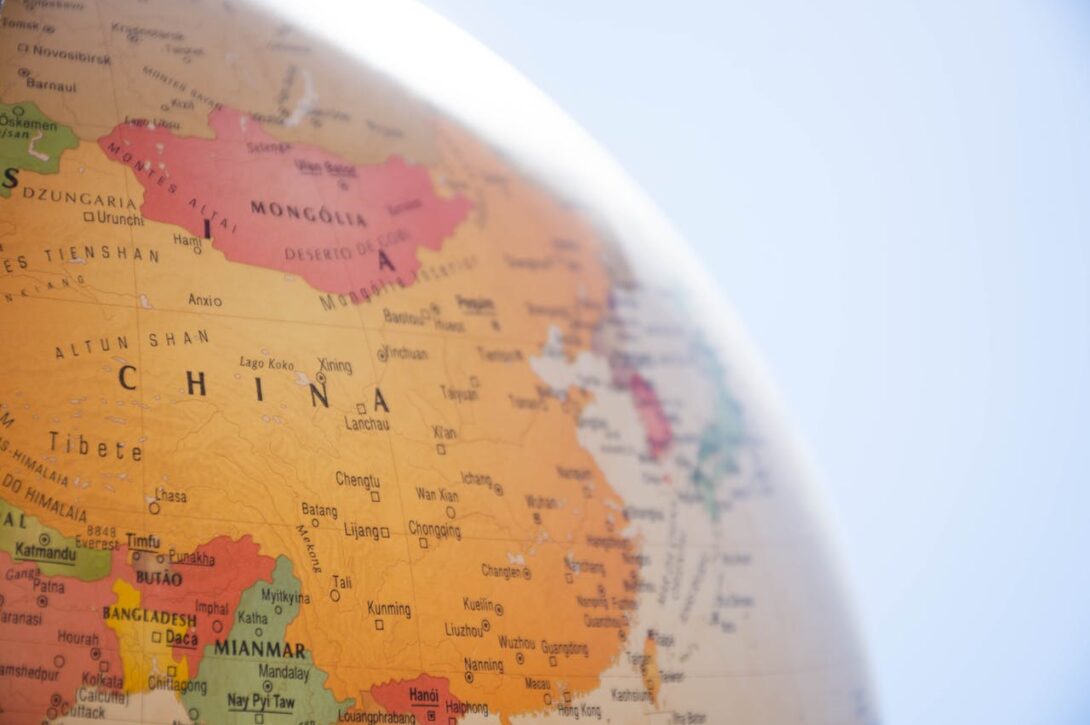Author: Bill Dutton
All topics
-

Is China changing the Internet, or is the Internet changing China?
By 2015, the proportion of Chinese language Internet users is expected to exceed the proportion…
All topics

By 2015, the proportion of Chinese language Internet users is expected to exceed the proportion…